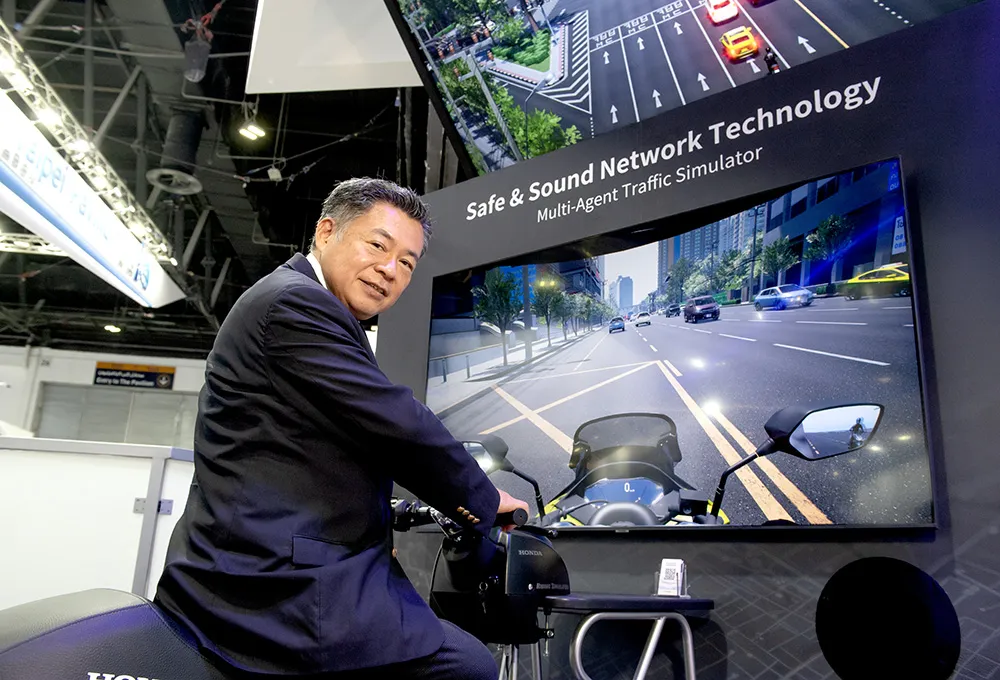Transport industry leaders have gathered in Brussels today to confirm their commitment to expanding the deployment of fuel cell electric vehicles (FCEVs) and hydrogen refuelling infrastructure across Europe
Global vehicle manufacturers, including
The conference, sponsored by the Fuel Cells & Hydrogen Joint Undertaking (FCH JU) and flagship hydrogen projects HyFIVE and H2ME, is a first for Europe’s transport industry. As more European countries move toward partial or complete bans on the sale of new petrol and diesel vehicles, hydrogen and fuel-cell technologies are seen as an increasingly important component of the future mix of vehicles on Europe’s roads. The companies present at the event support development of hydrogen-fuelled vehicles as a viable alternative to diesel and a complement to full battery electric powertrains.
The message delivered by the industry at the conference today is clear: hydrogen fuel cells plus electric-vehicle technology offer a viable path to zero emission transport and, as part of the wider energy system, support grid operations and integration of renewable energies. Highlighting the variety of FCEVs available now and in the near future, these companies are making the case that while hydrogen fuel cell technology is not yet available across a large range of vehicle offerings, the technology addresses some of battery electric vehicles’ main limitations. These include drain on the energy grid, limited range, long charging time, and issues with recycling of batteries.
The conference also highlights the progress of major FCEV deployment efforts and a Europe-wide collaboration to put more hydrogen fuel cell vehicles on European roads.
Transport industry experts gather in Brussels to commit to hydrogen mobility
Transport industry leaders have gathered in Brussels today to confirm their commitment to expanding the deployment of fuel cell electric vehicles (FCEVs) and hydrogen refuelling infrastructure across Europe
Global vehicle manufacturers, including Audi, BMW, Daimler, Honda, Hyundai, Symbio and Toyota, as well as leading hydrogen refuelling infrastructure providers, are gathering at the Hydrogen for Clean Transport conference to discuss and debate hydrogen-based solutions towards a zero emission transport
September 22, 2017
Read time: 2 mins







